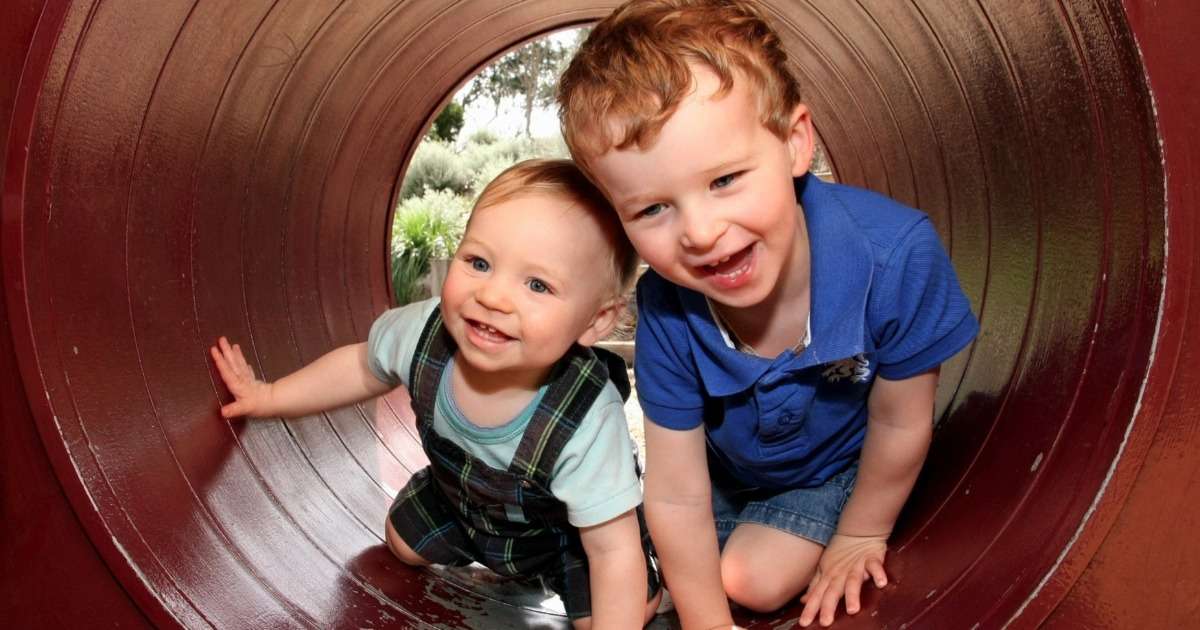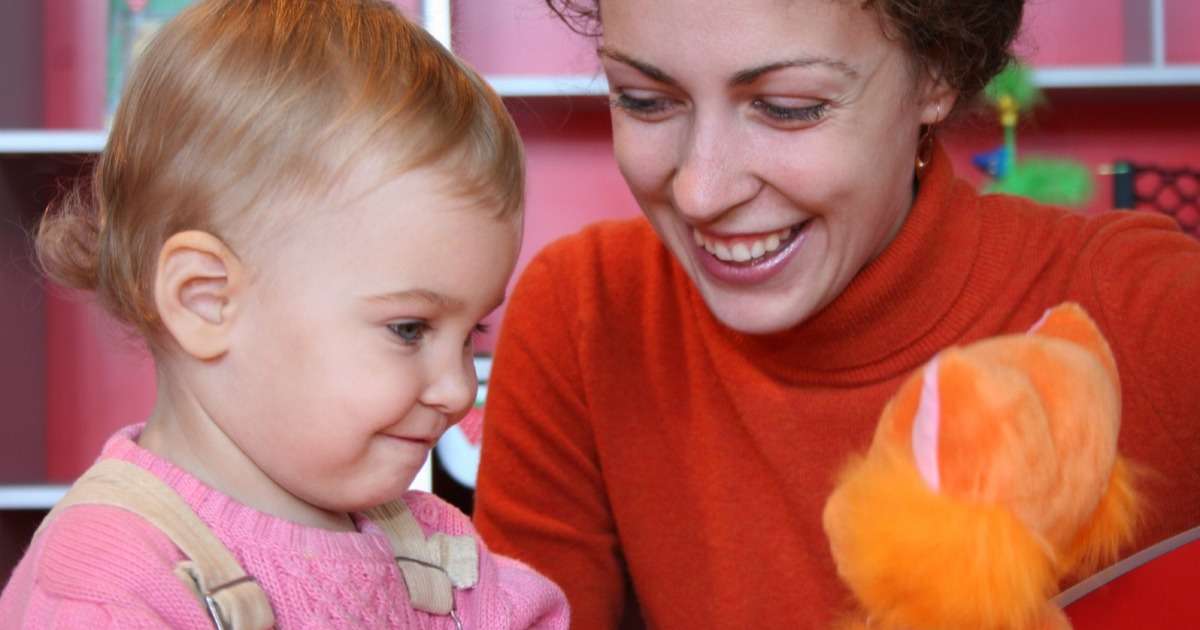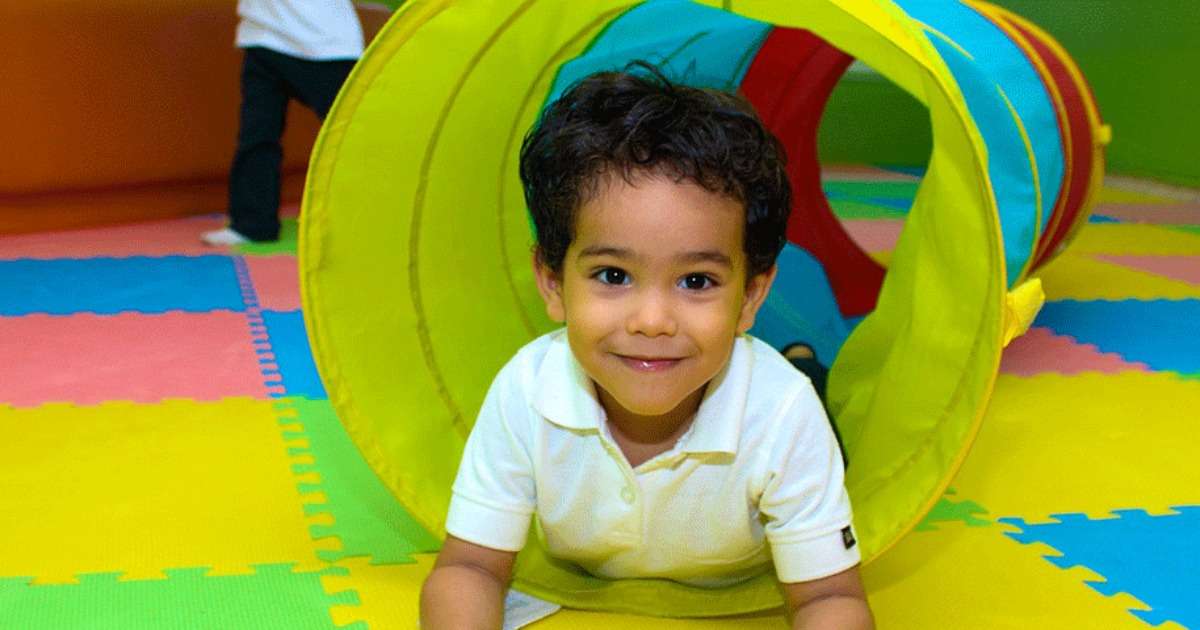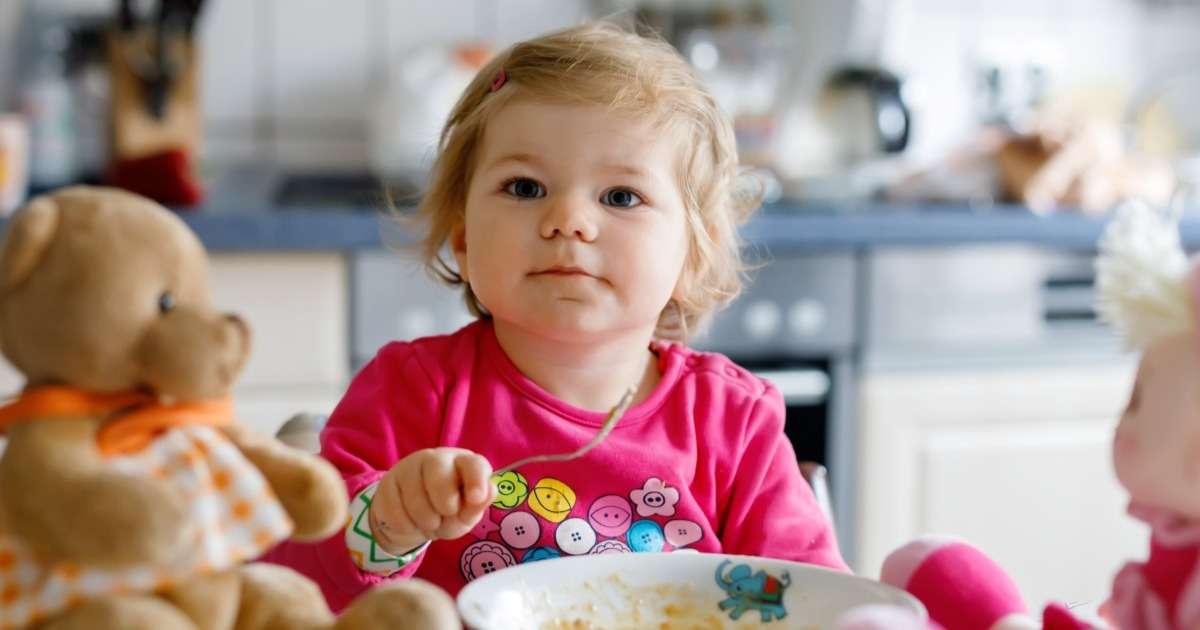
Early exploratory behavior in infants with Down syndrome
Object exploration is part of infants’ early development. How do infants with Down syndrome explore the world around them? And how is exploratory behavior related to their general development?

Working memory and emotion regulation in children with ADHD
How can we understand emotional reactivity in children with ADHD? In the current study, Tarle and her colleagues examined the relation between emotion regulation and working memory in children with and without this disorder.

How do parenting practices relate to children’s nutrition risk?
Nutrition plays a vital role in children’s growth, development, and health. Researcher Walton and her team observed family mealtimes to gain a better understanding of children’s nutrition risk.

Studying posture development in infants at risk for autism
Research shows that early posture development is delayed in infants who are eventually diagnosed with an autism spectrum disorder (ASD). Understanding these delays helps to improve early diagnosis and intervention.

How do children interact with their older autistic siblings?
In celebration of World Autism Awareness Day, this blog post focuses on the social interactions between children and their older autistic siblings.

A closer look at eye contact
Infant siblings of children with or without ASD participated in a study to determine whether gaze behavior showed during a test with an unfamiliar examiner could predict gaze behavior in a more naturalistic context.

The effectiveness of physical therapy sessions for children with cerebral palsy
Researcher Sébastien Vanderlinden is committed to describe which and how long physical therapy skills are performed during NDT sessions.

Analyzing the mealtime behaviors of children with autism
Disrupted mealtimes and feeding challenges may risk the development of family stability, as well as the social skills and well-being of a child. Which strategy should families use to support meal time engagement?

Measuring parent-infant behavior from another point of view
Parent-child interaction is an important focus of child development research. Lee’s research team compared recordings of play behavior from both a traditional third-person point of view, and through the babies' eyes.

Improving social communication skills in children with ASD
Many children with ASD suffer from deficits in social communication and interaction, especially with peers. They participate in fewer social interactions than typically developing children.
